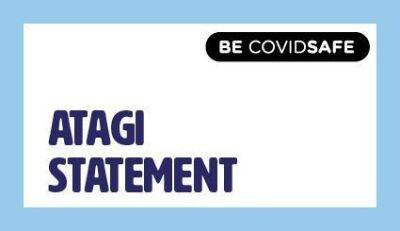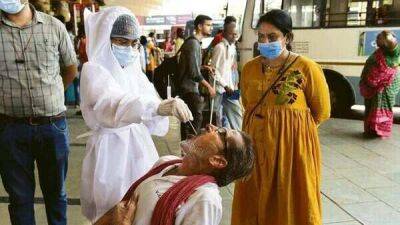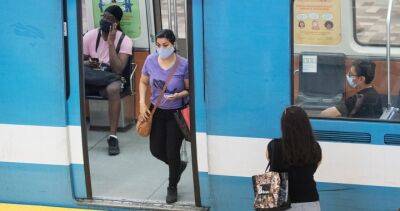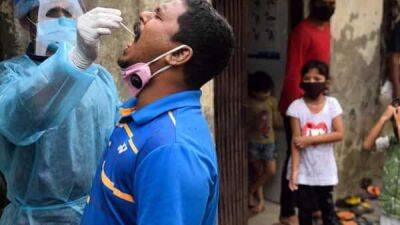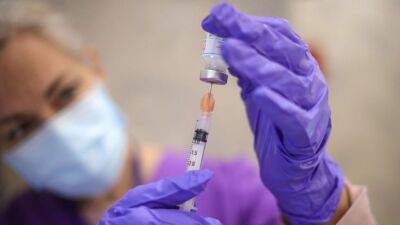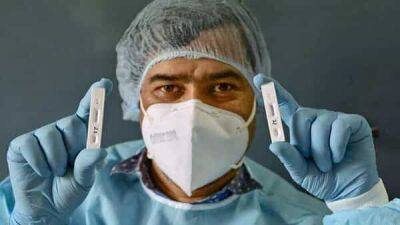COVID-19 has seen 600,000 fewer surgeries performed in Canada, new study shows
Jessica Bailey, who has been desperately waiting for a new kidney for years, tested positive for COVID-19 on Sunday.While her own health complications have kept her off the donor list, the COVID-19 pandemic has only prolonged the wait for the 36-year-old from Saskatoon. ‘Catastrophic’: No clear solution from provinces as surgery backlog crisis continues Bailey was finally given the green light by her doctor on Sept.
15 for a transplant. Before a date could be set for her procedure, though, the province suspended all organ transplants. She was devastated.“She’s had quite the long run,” said Melanie Bailey about her sister, who has been on dialysis for the past three years.“She has no kidney function, so if she doesn’t get dialysis three times a week she could die within 10 days.”As COVID-19 drags on into its third year, a new study is painting a grim picture about how the pandemic has strained Canada’s health-care system with a massive backlog of surgeries and delayed medical procedures impacting patients.Data released by the Canadian Institute of Health Information (CIHI) on Tuesday showed that across the country, almost 600,000 fewer surgeries were performed between March 2020 and December 2021 compared with pre-pandemic numbers for 2019.
Organ transplant patients in limbo as Alberta, Saskatchewan delay surgeries amid COVID-19 surge Even though the wait times decreased over an 18-month period between April 2020 and September 2021, patients had to experience repeated delays for elective surgeries, such as cataract, hip and joint replacements, as resources were prioritized for more urgent procedures like hip fracture repair, radiation therapy and cancer surgery.“We can see there’s been some rebounding in the surgeries.

